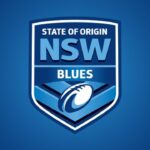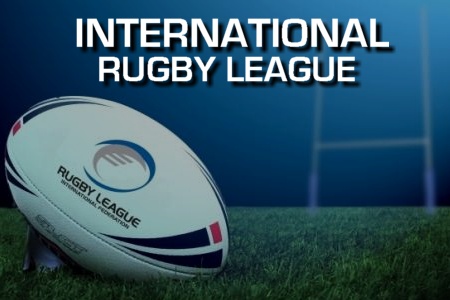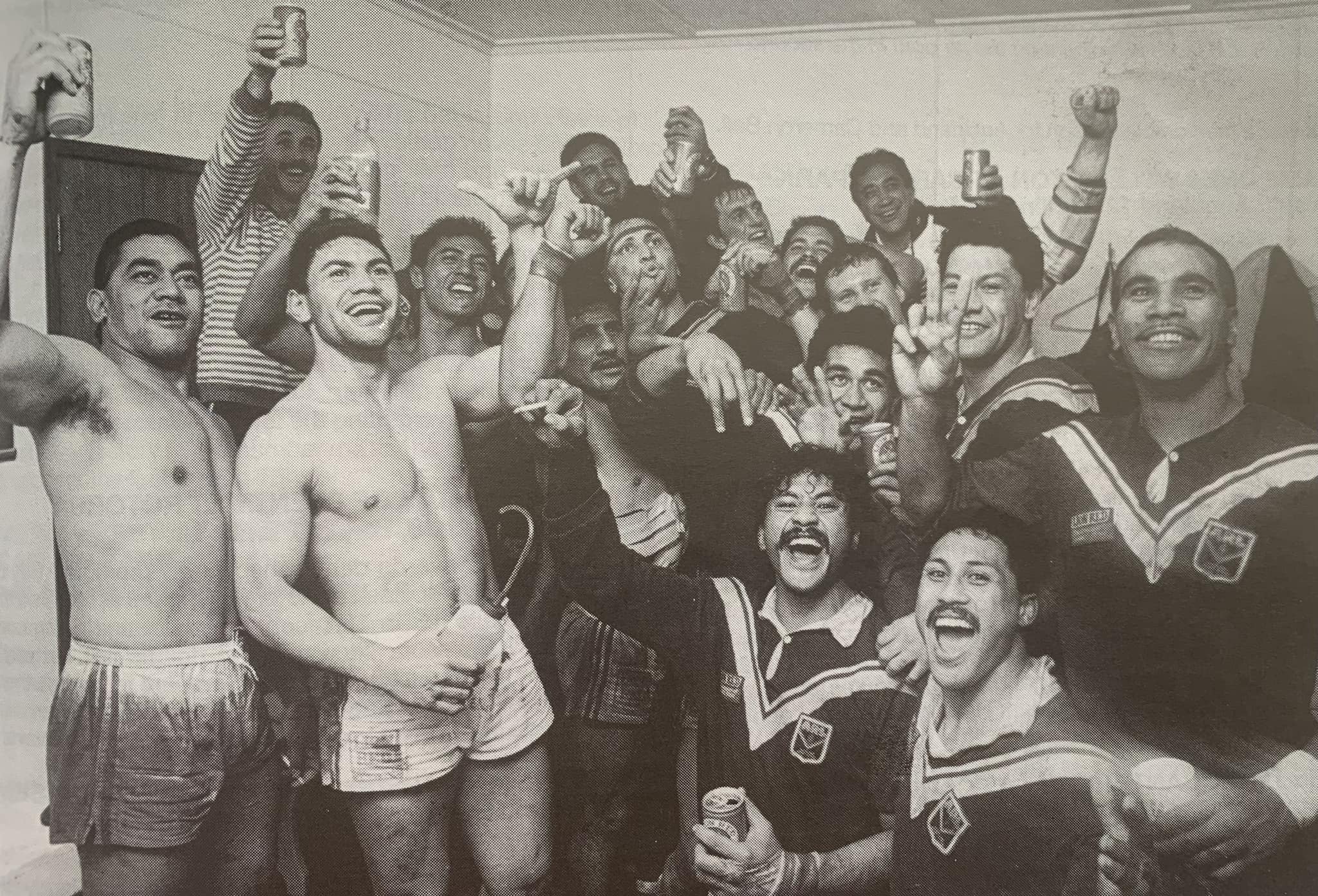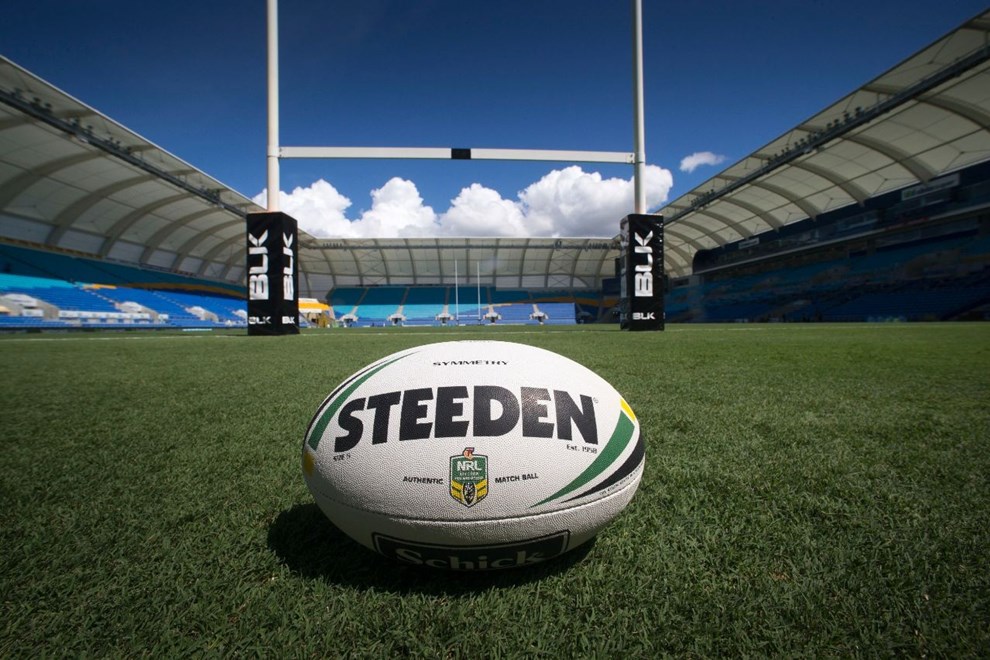It may be hard to imagine but it wasn’t that long ago that the likes of Tonga, Samoa and Fiji would struggle to put together 17 professional Rugby League players of any quality.
Over the last 30 years Rugby League has seen these nations go from producing the occasional top level professional player, to producing dozens of top of the line professional players, including players who you could rightfully claim to be the best in the world at their position.
This change has seen a big move in international Rugby League. One I tend to think started to show itself at the 2000 World Cup when some of these nations named lineups of very good young players who went on to become some of the best players in the game, but who unfortunately went on to represent other nations who simply got more games to play at international level and who provided more financial incentive to play for them.
The problem for nations not named Australia, England and New Zealand was the fact the business model just did not favour them. Small crowds and little interest does nothing for a nation looking to get major sponsors involved and buying space on their jersey. With less money flowing in it becomes hard to just about impossible to put together an international game. The financial incentives to players are just about non existent, and when a national governing body starts to realise that the failure of an event may turn into a “make or break” moments for the financial security of their national governing body of the game, you just couldn’t risk putting these games on.
That is all starting to change…
With the likes of Tonga, Samoa and Fiji being able to field true headline talent from the NRL, not only are general supporters of the game paying for more attention to these nations, but sponsors are going to start paying attention to this new audience of people watching these matches. Once you get to a point where Tonga can sell out an entire stadium in Auckland to play the world champion Australian Kangaroos, not only do you start to shatter the idea that only three nations in the world can provide a sound business model to demand more games being played, you also start to grow a new area of business of the game and its sponsors as a whole to invest in and look to grow.
10 years ago Tonga would struggle to put together an event. Now Tonga can provide New Zealand and Australia with not only a competitive opponent, but one that will sell out a stadium, and one where amazingly THEY are the headline act!
This is something Australia in particular has been crying out for. Being the lone headliner in the international arena has really hurt the Australian game. There is a reason why Australia was so keen to play Tonga, where it was going to be in the United States or in Auckland. There is a reason Australian players gave up some of their match payments to make sure this event went ahead. There is a reason Australia helped to make sure this game went ahead in New Zealand, despite concerns from the NZRL.
Australia has wanted this for a very long time.
Tonga steps into the breach that France use to occupy. Now Australia can sell tests against a new opponent to its own sponsors and broadcasters. The great news for Tonga is that as Australia sells them as a new top of the line opponent, Tongan Rugby League will be able to cash in on the money within the Australian game. Bigger sponsors, a bigger audience watching games…Australia and Tonga both win on the deal.
The ARL looks to be all over this, and it isn’t just stopping at Tonga. The support for Samoa via the mid season Pacific Cup tests, as well as Fiji and PNG, the investing in getting more games and more coverage for these nations has been worked on over a number of years now.
Australia would love nothing more than to be able to sell a test series against these nations, with no need to play New Zealand and England over and over again. Now that these nations are getting better at competing at the top level, and with people looking to attend these games and watch on TV, look for Australia to push these nations into the spotlight.
The great thing about this move is that it will empower these nations and finally, FINALLY give them a voice at the RLIF. They will now be able to demand more games. They will be able to demand that they get a say on what happens and when. Australia has already suggested that they will push for constitutional change within the RLIF and I would suggest that this move will be to push for more nations to have votes on the big matters in the game, rather than just seeing the same old countries looking after themselves and looking to line their own pockets with the little money there is available.
This is a very exciting time for the international game. As someone that has said for years that I find Australia playing the same old teams boring, I love knowing that we will see more variety in the international game and that all of this will strengthen the sport across nations that already provide Rugby League with so much elite talent.
We will finally see the lines of Tona, Samoa, Fiji and Papua New Guinea getting what they deserve. More games, more exposure, more money, and more of a say in the direction the game is headed.
Its a new world order. Bring it on!











